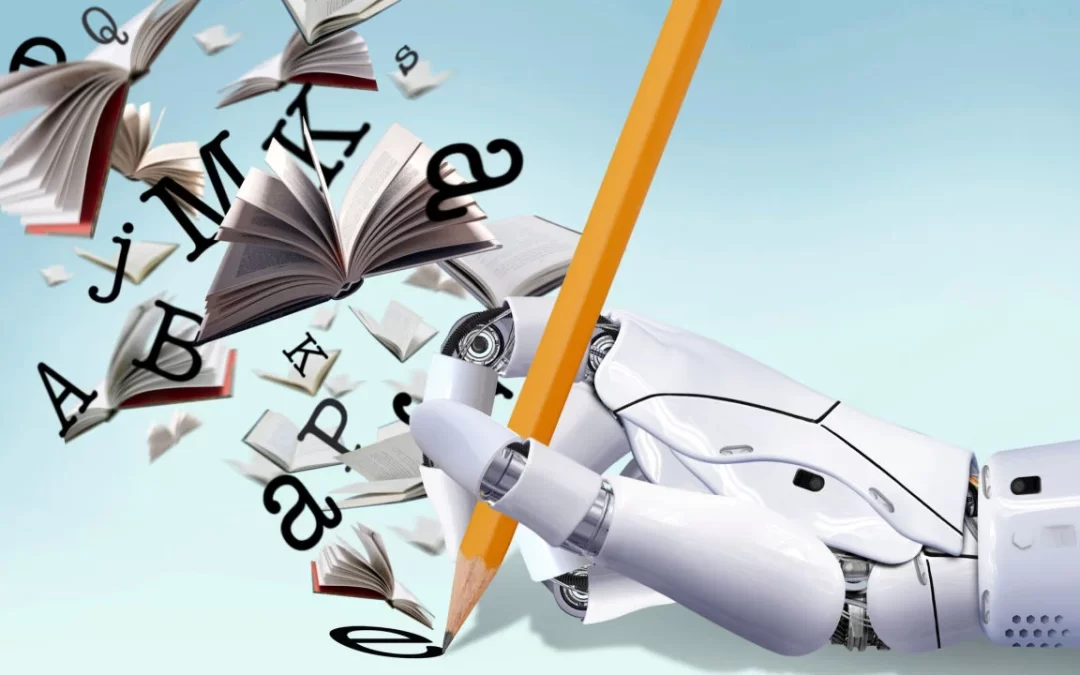In the vibrant and culturally rich region of the Caribbean, the intersection of artificial intelligence (AI) and education is revolutionizing the way students learn and access resources. With the rapid advancements in technology, AI is playing a transformative role in enhancing learning experiences and breaking down barriers to education. Let’s dive into how AI is reshaping the educational landscape in the Caribbean.
The Transformative Role of AI in Education
AI has the power to personalize learning experiences for students, making education more engaging and effective. By analyzing student data and behavior, AI can tailor lesson plans to meet individual needs and learning styles. This not only improves academic performance but also boosts student motivation and confidence.
AI in Learning Tools
From virtual classrooms to online learning platforms, AI-powered tools are changing the way students interact with educational content. These tools provide interactive and immersive learning experiences, making education more accessible and engaging. Students can access resources anytime, anywhere, allowing for greater flexibility and convenience.
Improving Access to Education
One of the most significant impacts of AI in education is its ability to reach remote and underserved areas. By leveraging AI technology, educational institutions can provide quality education to students who may not have access to traditional learning resources. This is crucial in bridging the education gap and ensuring equal opportunities for all students.
Case Studies: Caribbean Educational Institutions Using AI
Several Caribbean educational institutions are already harnessing the power of AI to enhance learning outcomes. For example, the University of the West Indies has implemented AI-driven tools to personalize learning experiences and improve student success rates. These case studies serve as inspiration for other institutions looking to integrate AI into their educational practices.
Implementation Strategies: Tips for Integrating AI in Schools and Universities
For schools and universities looking to incorporate AI into their curriculum, there are several key strategies to consider. First, it is essential to invest in AI technologies that align with the institution’s goals and objectives. Additionally, training staff and educators on how to effectively use AI tools is crucial for successful implementation. Finally, regularly evaluating the impact of AI on student learning outcomes is essential for continuous improvement.
Conclusion: Recap of AI’s Impact on Education
In conclusion, AI is revolutionizing education in the Caribbean by enhancing learning experiences and improving access to resources. By leveraging AI technologies, educational institutions can provide personalized learning experiences, reach underserved areas, and empower students to succeed. The future possibilities of AI in education are limitless, and it is up to educators and policymakers to embrace these technologies and create a brighter future for the next generation.


